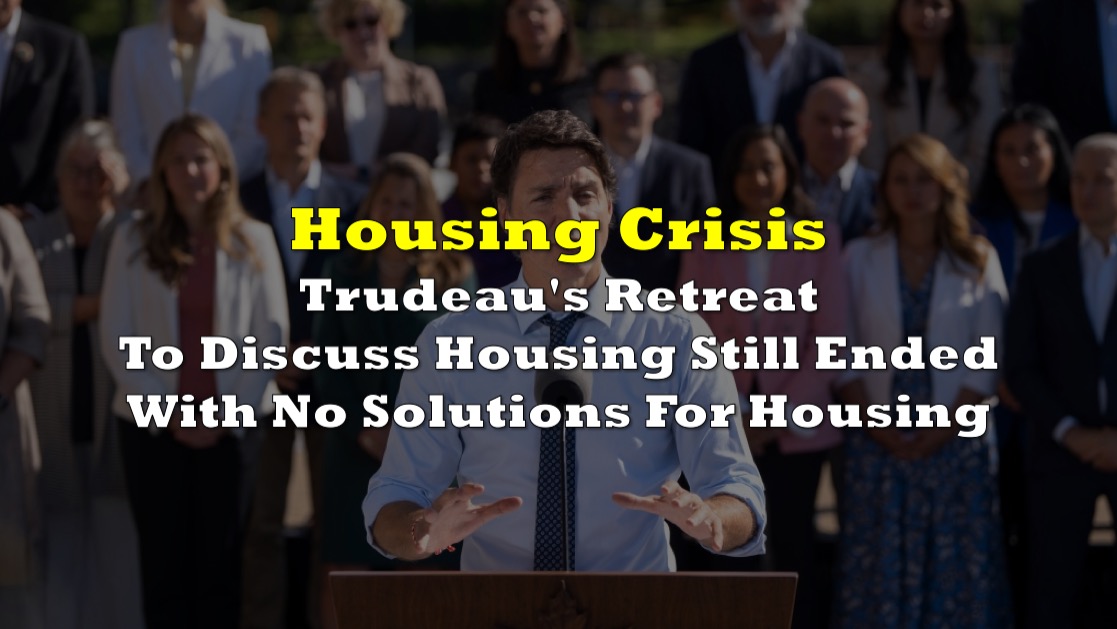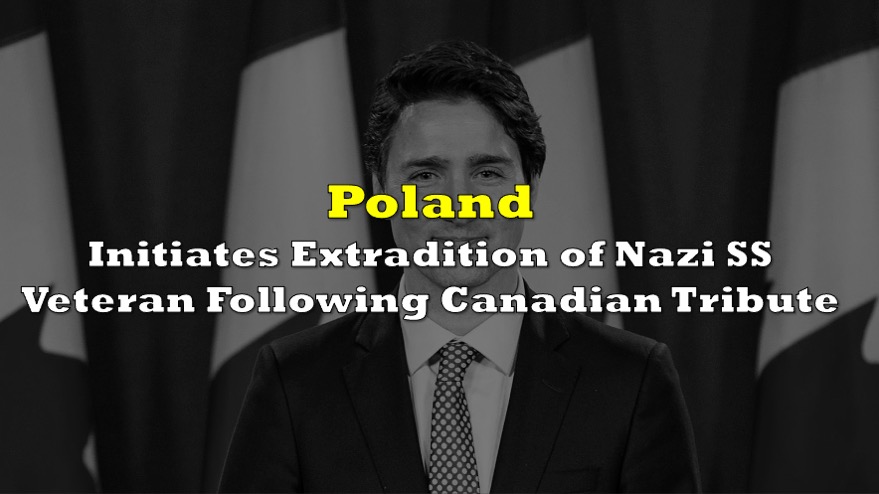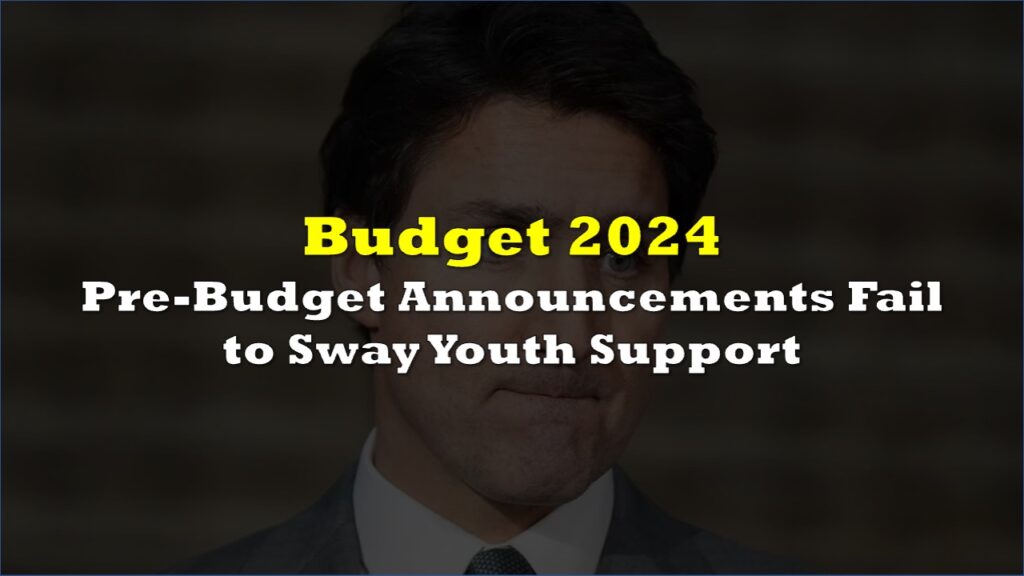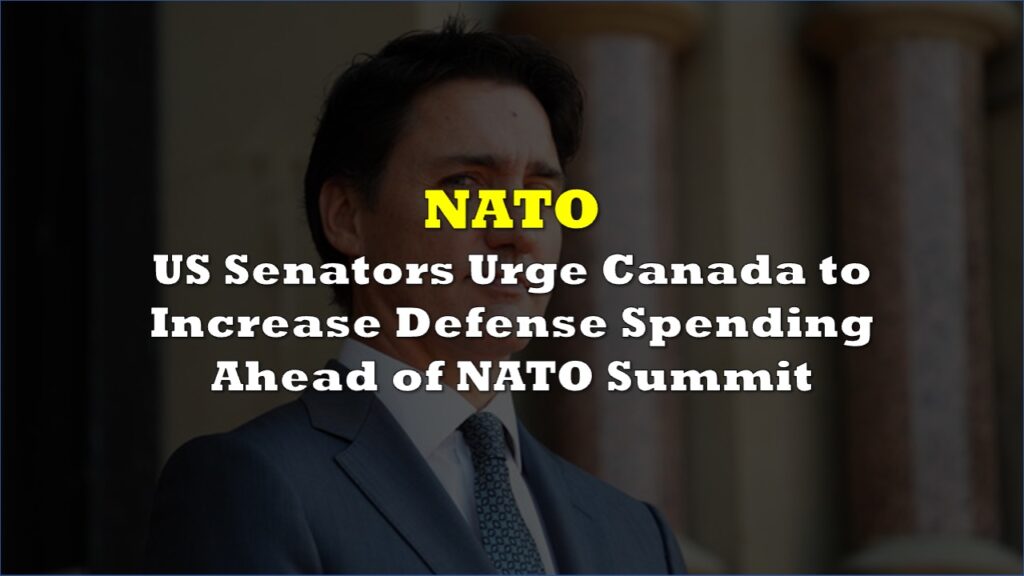The federal Liberal cabinet has wrapped up a productive three-day retreat in Prince Edward Island where Prime Minister Justin Trudeau and his 38 cabinet ministers convened at a prominent hotel along Charlottetown’s waterfront. The retreat centered around addressing the pressing housing crisis, a concern raised by Canadians across the country. While no new specific plans were unveiled at this time, the government assured its commitment to addressing the crisis in response to public calls.
During the retreat, Trudeau and his team engaged with policy experts to gain insights into the root causes of the housing affordability crisis. Additionally, they consulted with housing specialists who provided valuable recommendations on targeted governmental actions to effectively alleviate the issue. The government’s primary message as the retreat concluded is an invitation for Canadians to stay informed and engaged as the government progresses in this critical endeavor.
“We are looking forward to continue to do the work we’ve been doing on housing and do even more,” Trudeau said. “We recognize and Canadians know that there’s not one silver bullet that’s going to solve the housing challenges.”
This cabinet retreat comes on the heels of a summer during which Liberal poll ratings faced a decline against the Conservative opposition, led by Pierre Poilievre.
On Wednesday, Poilievre continued to place responsibility for the rising cost of living on Trudeau, expressing disappointment in the outcomes of the housing retreat.
“We have never seen it like this before and we were supposed to have solutions out of this big housing retreat Trudeau held,” Poilievre said. “What was the solution? More speeches, more photo ops, more puff pieces for his incompetent housing minister.”
Trudeau swiftly dismissed Poilievre’s criticism, characterizing him as an unserious detractor who offers “slogans and buzzwords” without substantive solutions to the post-pandemic concerns that Canadians are grappling with. Trudeau reasserted his government’s dedication to addressing the housing crisis and stressed a collaborative approach involving provinces, municipalities, homebuilders, and nonprofit organizations to deliver effective responses.
“This government is focused on getting more housing built,” Trudeau affirmed.
Despite intense inquiries from journalists, neither Trudeau nor his ministers disclosed specific strategies, sparking curiosity about the government’s tactical approach. The housing crisis is a multifaceted challenge largely rooted in the insufficient rate of new home construction in comparison to the escalating demands of a rapidly growing population.
A recent Leger poll unveiled that four in 10 Canadians attribute the housing crisis to the Trudeau government, while about three in 10 hold their respective provinces accountable. According to estimations from the Canada Mortgage and Housing Corporation, Canada is projected to construct approximately 2.3 million new housing units by 2030. However, to restore affordability to the market, this number must more than double, reaching 5.8 million.
Prior to the retreat ending, Housing and Infrastructure Minister Sean Fraser called for a thorough reevaluation of the federal government’s stance on international students, suggesting the consideration of implementing a cap on a program that has experienced what he terms as “exploding growth.” This growth has exerted strain on rental markets and led to escalated costs, Fraser stated.
Speaking from Charlottetown, he emphasized that the recent surge in the international student program has outpaced the initial expectations of temporary immigration programs.
“The reality is we’ve got temporary immigration programs that were never designed to see such explosive growth in such a short period of time,” Fraser said.
A comprehensive report presented during the cabinet retreat outlined ten actionable recommendations that the federal government can undertake to address the housing crisis. Among these suggestions are potential reductions in federal sales taxes on new rental constructions and the introduction of a novel federal benefit to aid Canadians at risk of homelessness.
Information for this story was found via Bloomberg and the sources mentioned. The author has no securities or affiliations related to the organizations discussed. Not a recommendation to buy or sell. Always do additional research and consult a professional before purchasing a security. The author holds no licenses.










One Response
Finally a bit of Trudeau bashing that has some substance : It’s true the housing crisis is outrageous in Canada. There doesn’t seem to be a coherent, well communicated strategy.
Of course, your piece misses out on two important details: The crisis has developed over a long period: I imagine over a period longer than Trudeau’s tenure.
But given there’s actually a legitimate story here, how about shining some light?: Has Trudeau made a bad trend better or worse? Perhaps it would’ve been even worse without his interventions? How much power over the situation does he actually wield? Is the crisis actually the fault of the provinces? How does Trudeau defend his actions?
And what’s the root cause? Is it immigration?
And what actually is Poilievre’s plan? What is his track record on similar issues?
There’s a huge scandal here – and some obvious tough questions to ask – but I’m not sure if anyone in Canada is asking them.